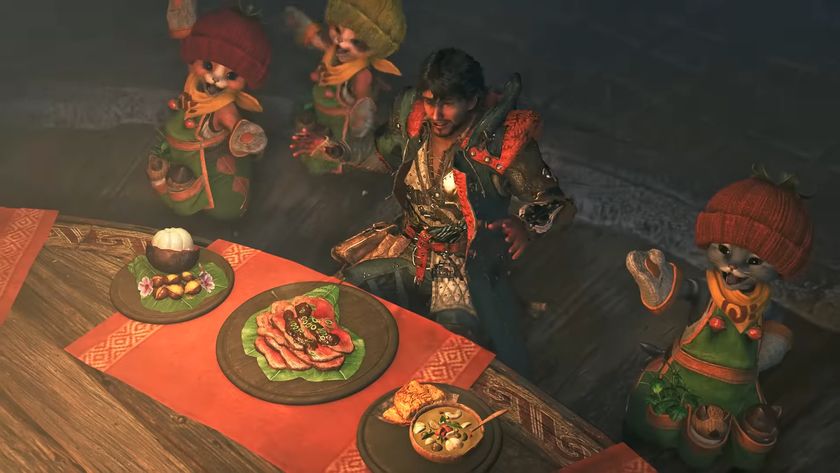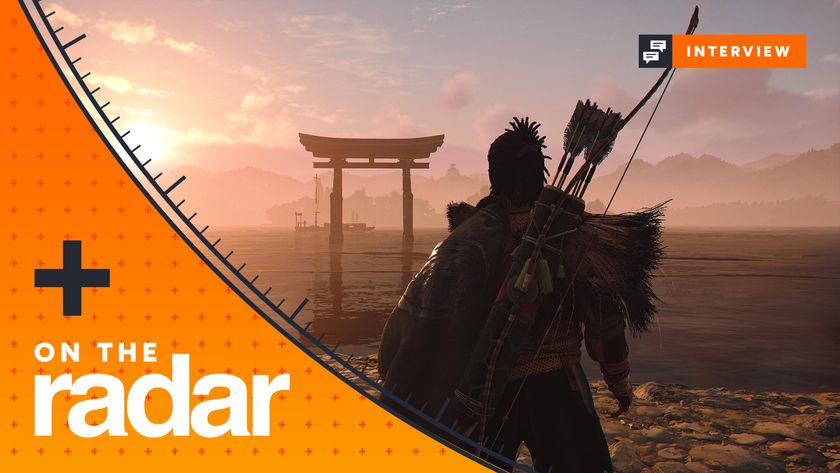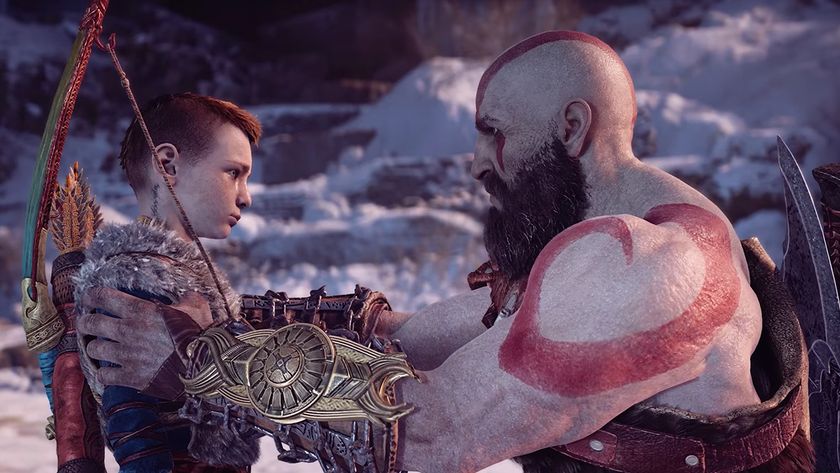LucasArts versus Sierra: Part One
Which company made the best adventures? We settle the debate once and for all
King’s Quest: Quest for the Crown
Sierra On-Line
Released: 1984
King’s Quest: Quest for the Crown brought 16-color graphics and more detailed animation to the table. Less like the interactive fiction that preceded it, and more like proper point-and-click adventures that would follow, Quest for the Crown represents an important milestone for the genre.
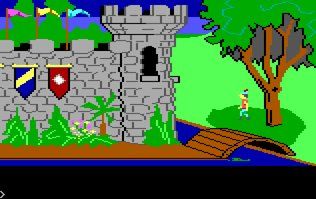
Above: He’s walking. He’s actually walking into the background and foreground! Go Sir Graham! Work those sexy 16-color legs of yours!
Pantaloon Points: Quest for the Crown gets ten graham crackers and a pair of pantaloons for leading the way for future adventure titles.
King’s Quest II: Romancing the Throne
Sierra Entertainment
Released: 1985
King’s Quest gets its first sequel and becomes a bona fide series. Like its predecessor, Romancing the Throne still relied heavily on typed text commands. The first modern point-and-click adventure game is still a ways off.
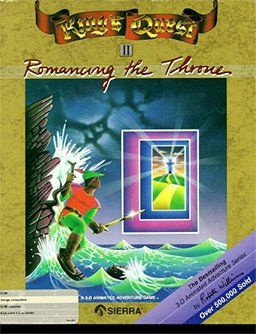
Word association points: We are pleased to give Romancing the Throne a Michael Douglas, Kathleen Turner, and Danny Devito head for having a similar title to the 1984 adventure film, Romancing the Stone.
Sign up to the GamesRadar+ Newsletter
Weekly digests, tales from the communities you love, and more
Space Quest: The Sarien Encounter
Sierra On-Line
Released: 1986
Roger Wilco’s quest for “truth, justice, and really clean floors” begins with the release of the very first Space Quest game. You still controlled your character with the keyboard and had to play a bit of guess-the-right-verb to type to figure out the appropriate commands, but it was a far cry from the traditional medieval fantasy worlds of King’s Quest. Unlike the noble and chivalrous protagonists featured in the King’s Quest series, Roger Wilco was a lazy good-for-nothing janitor who seemed to prefer sneaking naps to saving the day. It was funny. It was different. And in the end, the day was saved after all.
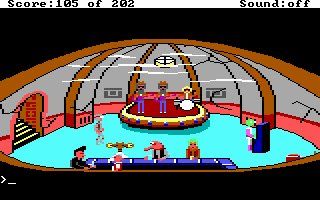
Pop culture points: We’re giving The Sarien Encounter three beards and two pairs of sunglasses for featuring musicians that looked like ZZ Top and The Blues Brothers in a bar. We’re also giving it one bourbon, one scotch, and one beer for having a bar in the first place.
King’s Quest III: To Heir is Human
Sierra On-Line
Released: 1987
To Heir is Human was the first King’s Quest game to star a new protagonist and featured the worst subtitle pun in the series so far. This time, players took control of a young lad named Gwydion. A princess was saved, a dragon was slain, and peace was restored to the land of Daventry.
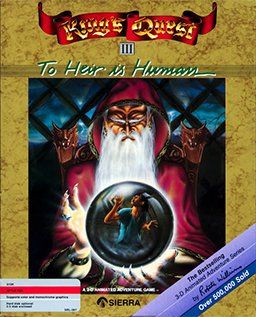
Dragon kill points: To Heir is Human earns three well-deserved dragon kill points for the slaying of a three-headed dragon. These points may be used to bid on any epic loot that drops the next time its guild goes on a raid in World of Warcraft.
Leisure Suit Larry in the Land of the Lounge Lizards
Sierra On-Line
Released: 1987
Sierra continues to pump out the hits with unrelenting stamina in what appears to be a completely one-sided match so far. This time, your quest was to help the horribly hopeless (and horny) Larry Laffer get laid. The “adult content” in the game seemed racy at the time, but it was a commercial success. That’s one more notch in Sierra’s belt.
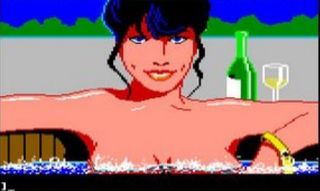
Fist bump points: Larry’s first adventure gets four fist bumps for making the hopeless loser one of the most lovable and memorable characters in the history of adventure games.
Police Quest: In Pursuit of the Death Angel
Sierra On-Line
Released: 1987
The pummeling in this epic showdown continues as Sierra introduces yet another popular adventure. In the first Police Quest game, you played as Sonny Bonds, an officer of the law. Unlike the idyllic fantasy world of King’s Quest and the silly sci-fi setting in Space Quest, Police Quest rubbed your face in the gritty reality of the real world. Teenagers with drug problems, a prostitute, a gang of bikers, and a showdown with a deadly cocaine dealer are just some of the things that set Police Quest apart from the other “Quest” games released by Sierra so far.
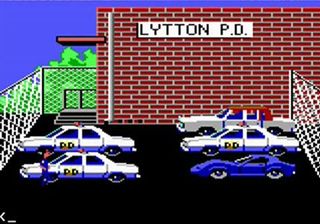
Public safety points: Police Quest earns four golden badges for being used to train real life police officers due to its realistic depiction of proper procedures and the way it showed the potential consequences of not following them.
Maniac Mansion
Lucasfilm Games
Release: 1987
Sierra may be leading in terms of quantity so far. But it was time for team Lucas to strike back with the release of Maniac Mansion, which trumped Sierra’s library with lots of features and ideas that were foreign to adventure games at the time.
Why have one ending or playable character when you could have many? Maniac Mansion offered several playable characters and multiple endings. It was also the first Lucasfilm game to use the SCUMM (“Script Creation utility for Maniac Mansion”) engine, which laid the groundwork many of the most memorable LucasArts adventure games to come. The SCUMM engine further improved upon the “slot machine” mechanic developed for Labyrinth: The Computer game, allowing players to point-and-click to select their actions instead of typing.
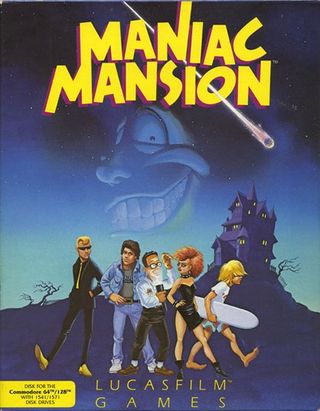
But more importantly, Maniac Mansion was fun and hilarious. Full of wonderfully weird characters and purposefully campy B-movie horror moments, Maniac Mansion truly marked a new milestone for the adventure genre and still has a strong fan base over a decade after it originally released.
Bad Ash Points: Maniac Mansion earns itself ten Bruce Campbell heads for its awesome B-movie moments and for pushing the adventure genre forward by leaps and bounds.


Things may look mighty grim for the Lucas camp so far. Although they seem prepared for almost anything with their towel and trusty David Bowie heads, they’ve got a lot of catching up to do. Sierra’s already got a comfortable lead with lots of graham crackers and two Gelflings to munch on while kicking back on the plump head of Devito. But this battle is far from over. Both team Lucas and Sierra have many new games and sequels up their sleeves as we near the height of the adventure game genre. Find out what happens next as when the clash of the adventure game titans continues next week in LucasArts vs Sierra: Part Two.
May 14, 2009


A showdown between fan-made creations and their official counterparts

From 1950 to the noughties, we look back at the history of gaming’s future
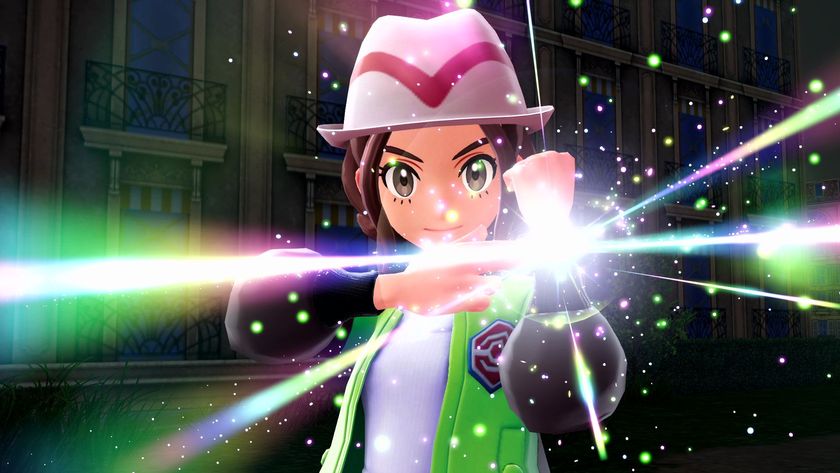
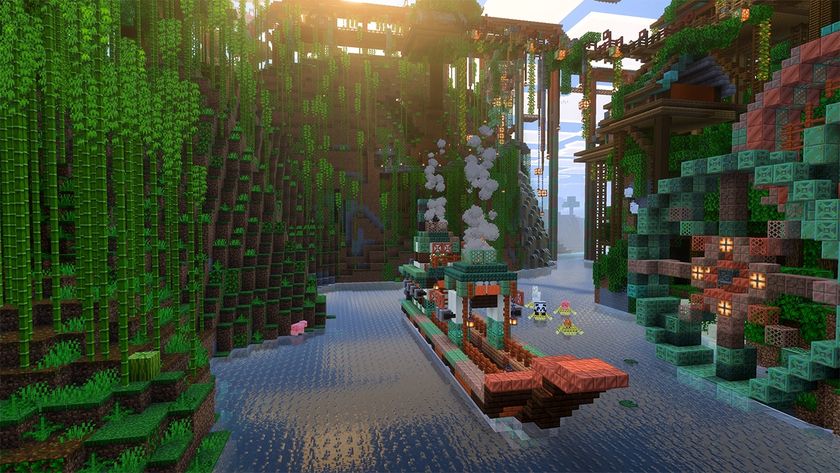
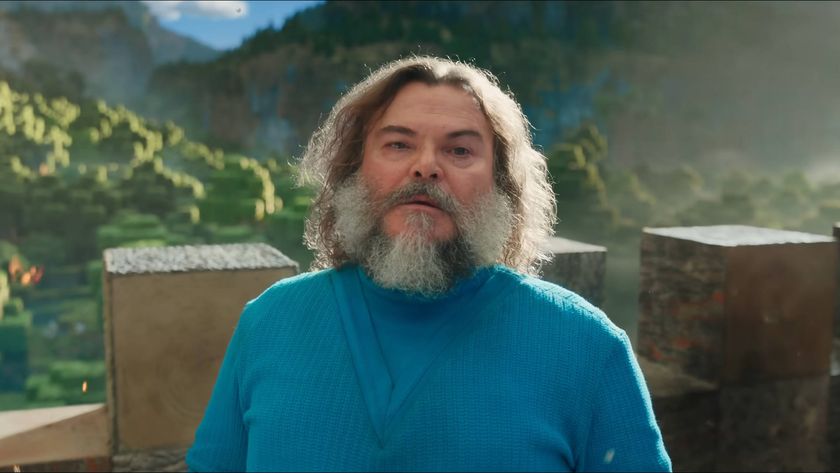
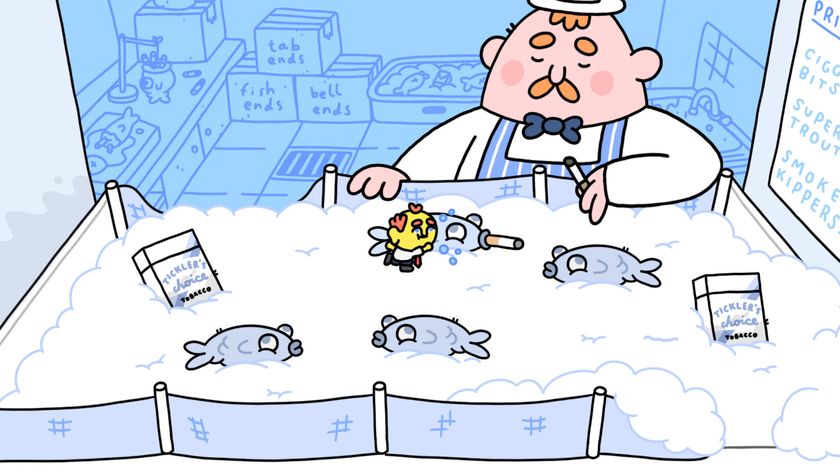


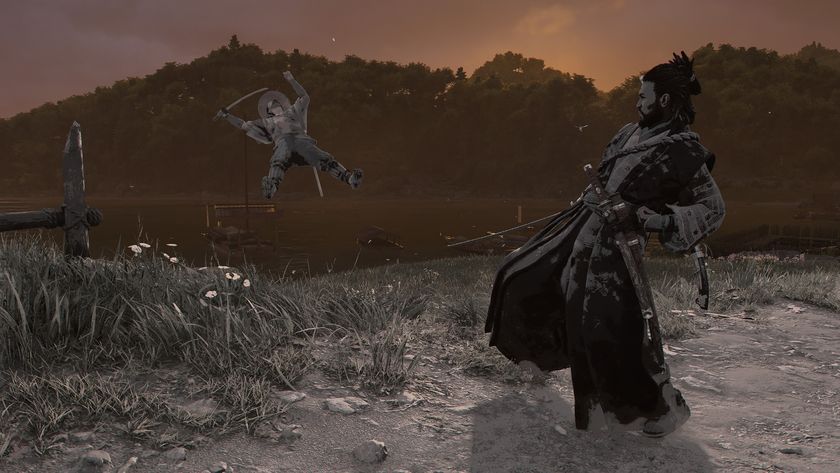
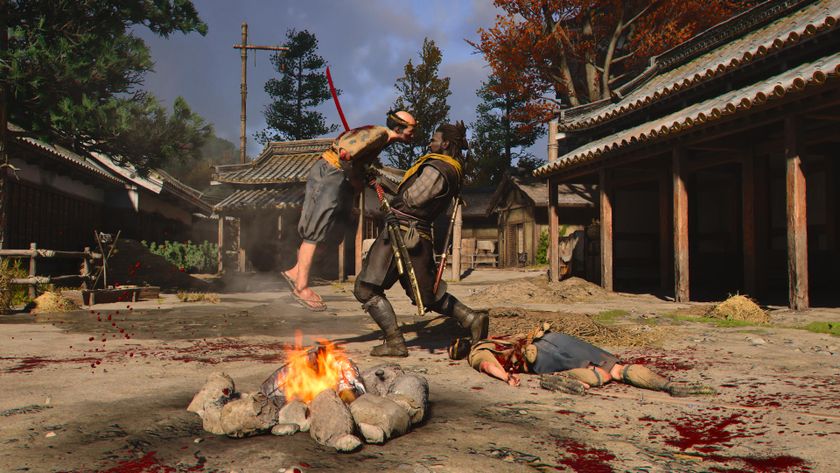
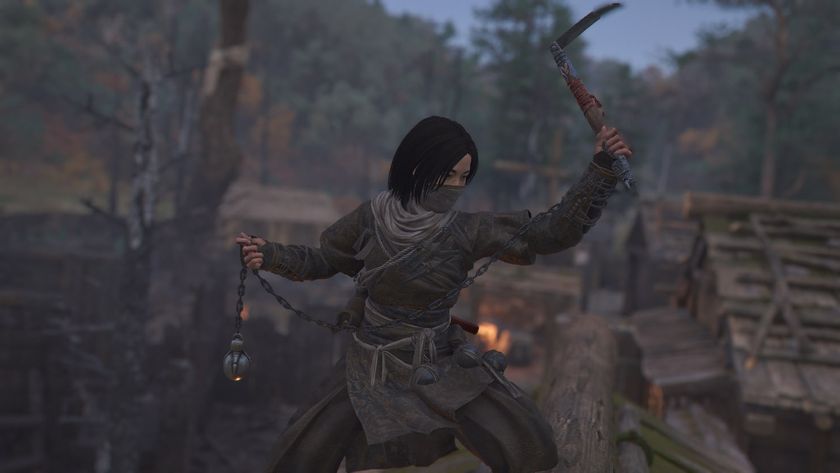
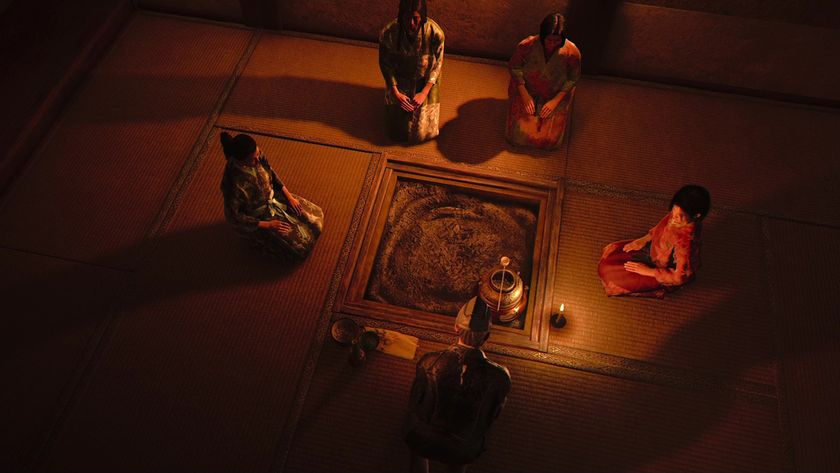
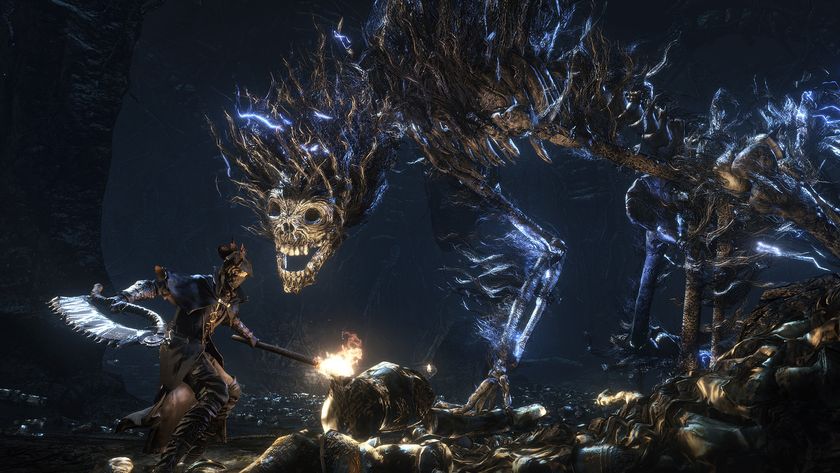
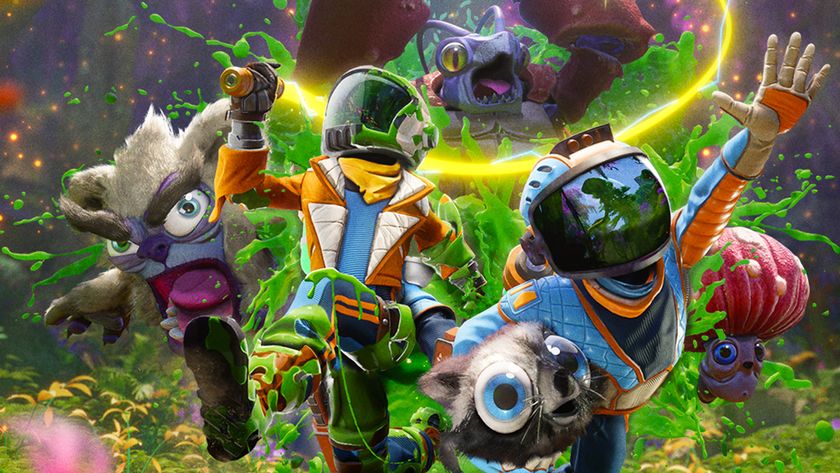

Pokemon Legends: Z-A will allegedly introduce 27 new Mega Evolutions, leakers claim, and we can only hope Flygon gets its chance this time

16 years after Minecraft first released it's getting a modern visual upgrade with a retro lighting trick that Mojang hasn't seen "in any other game"
